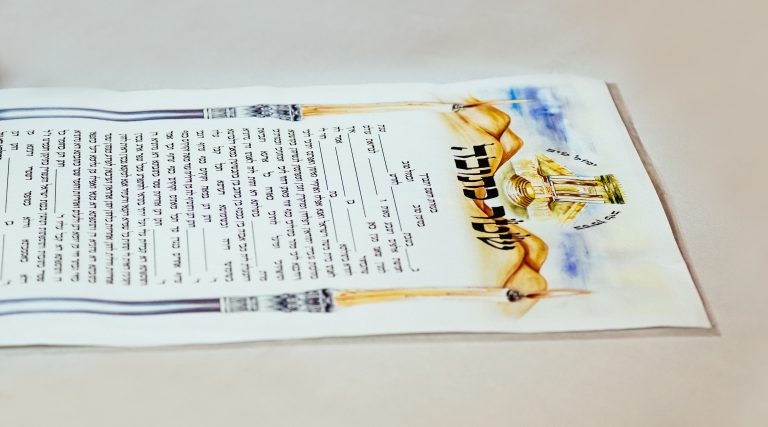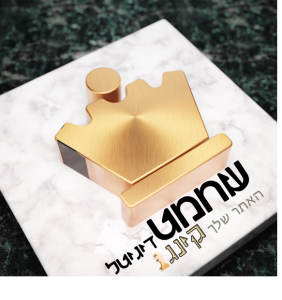Shemos – carry your friend’s burden
“Carry your friend’s burden”:_to be aware and share the pain of your true friends “And it was in those days that Moshe grew up and went out amongst his brethren and saw their travails.” (Shmos 2:11) Rashi comments on this sentence by quoting from the Midrash that Moshe put his “eyes and heart into suffering with them.” We learn from this Parsha the meaning of true empathy. Moshe did not merely observe their distress; rather, he threw his entire being into understanding the depth of their misery, to learn its every tiny detail. Moreover, he did not stop there. The Midrash goes on to say that Moshe put his shoulder under their load and shared the burden with all his brethren. He did not remain a sympathetic spectator but made an effort to be an active participant in the woes and travails of the Bnei Yisrael [Children of Israel]. This was not so much to help them, since Moshe could only provide a limited amount of help for such a multitude. Rather, he shared their hard labor so that he could identify himself completely and truly share in their feelings of pain, exhaustion and their crushed spirit. Then, and only then, could he be truly empathetic and be capable of sharing another humanbeing’s emotions and feelings. As Pirke Avot [Ethics of the Fathers] teaches Nosay be’ol im chaveiro—literally “carry your friend’s burden.” Sharing another’s burden is crucial for the acquisition of Torah. It is essential for the proper performance of mitzvot,between Man and G-d as well as between Man and Man. Since true empathy is essential for Torah, one cannot be truly Torah observant if one neglects this trait. Piousness without sharing in other’s burdens is not Torah observance. Our natural feelings often cause us to isolate ourselves from others who are suffering although we may be helping them from a distance. For example, we do not want to be told of people who are starving while eating our meals but we will support a soup kitchen, even if we do not work there. We do not wish to see people suffering in illness and will not volunteer at a hospital or visit a nursing home but will support the hospital/nursing home. Indeed, Torah observance is not designed to provide one with maximum comfort; the Torah requires us not to set ourselves apart from other people’s suffering but to investigate the depth of other people’s distress and, as Moshe did, feel along with those who suffer..


 שחמט דיגיטל
שחמט דיגיטל